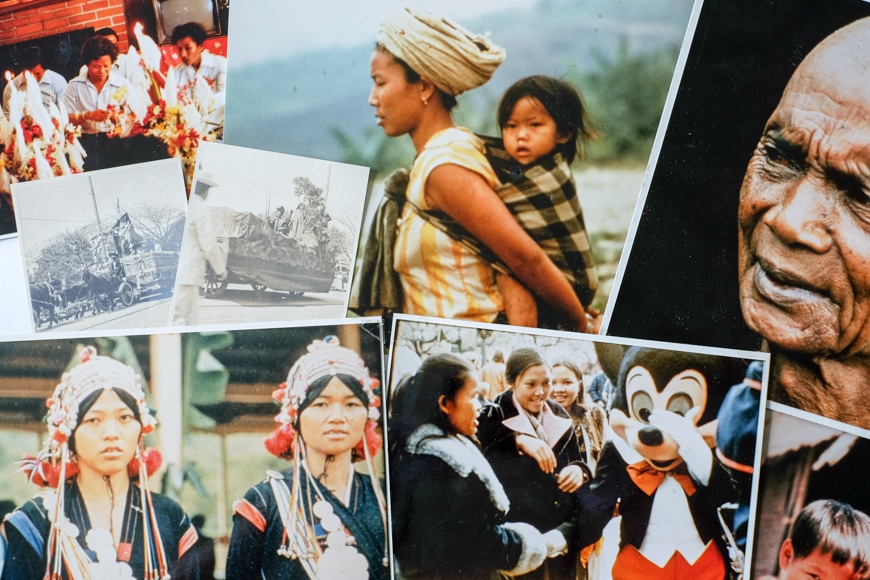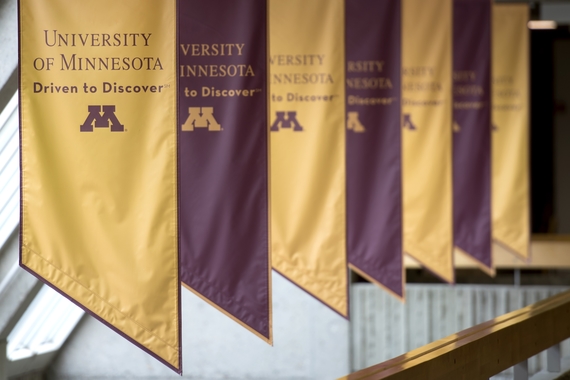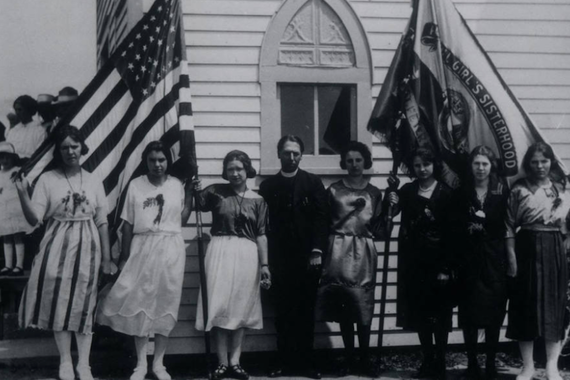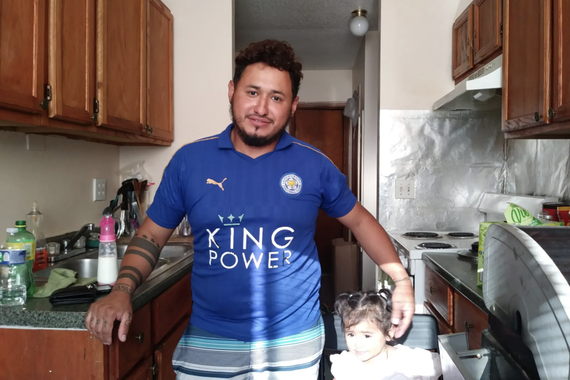Reimagining Archives Through Refugee Memories and Subjectivities
October 9, 2019 - Reimagining Archives Through Refugee Memories and Subjectivities
Archives are in the business of collecting and preserving records for research. These are records that can be instantiated and are readily accessible and utilized through well-defined channels of retrieving and validating information as evidence, which are often connected to legal and bureaucratic domains of power. What happens when refugee memories and subjectivities are placed front and center of such established archival theory and practice?
This forum, organized by the Immigration History Research Center (IHRC), the IHRC Archives, and the University of Minnesota Libraries, will explore the tension between “actual records” and “imagined records,” to borrow Anne Gilliland and Michelle Caswell’s framing, and make it productive for an alternative mode of evidentiary capacity-building to emerge. Can refugee memories and subjectivities help articulate the life of an archive, one that can “motivate, inspire, anger and traumatize” rather than merely perpetuate its existence and legitimacy as a system devoid of reflexivity?
- Dr. Anne Gilliland, Department of Information Studies and Associate Dean for Information Studies and Director of the Center for Information as Evidence in the UCLA Graduate School of Education & Information Studies
- Dr. Thuy Vo Dang, Curator for the Southeast Asian Archive in the University of California, Irvine Libraries
- Dr. Jessica Lopez Lyman, Chicano & Latino Studies, University of Minnesota, Twin Cities
- Daniel Necas, Archivist for the Immigration History Research Center Archives in the University of Minnesota Libraries
Keynote Address
Dr. Anne Gilliland, Graduate School of Education & Information Studies, UCLA
“Re-Imagining and Re-Orienting the Refugee's Archive”
Discussing her recent film Truth Detectives, which focuses on new technological deployments in forensic archaeology in Gaza, Mali, Ukraine and Colombia, Anja Reiß highlights how this work has helped to shift the self-identity of survivors of conflict and persecution from that of victim to evidence gatherer—as witnesses who are actively involved in locating the missing and in prosecuting perpetrators. It is important to note, of course, that this approach is not without its disappointments and frustrations; families of the missing and the lost may sometimes place more hope in the promises of these new technologies than they can meet, and their own work in evidence gathering must withstand attempts by others to discredit resulting evidence as unreliable. Nevertheless, the possibilities of this kind of repositioning and empowerment for those who have been and are in danger of becoming forcibly displaced in terms of their relationships to the archive, the record and their memories is important for the archival field to imagine and to strive to implement. Archives feature centrally, and in continuously dynamic legal, historical and affective relations, across the entire life of a refugee, their loved ones, and even those of their descendants. They are also critically present, or absent, in the creation of the records that will subsequently have inordinate power to determine the lives of refugees, and diminish their presence, humanity and their dignity. This presentation will consider a range of provocative questions that such a proposed reorientation prompts including the following:
-
In a world where documentation of all sorts--and the technologies by which it is created, imposed and assessed--are increasingly weaponized against the refugee, how might such a shift support the production of evidence by and for the archive that would limit or counter such weaponization?
-
What kinds of evidence might new technologies produce, and how can refugees participate meaningfully and without danger to their physical and mental wellbeing in such production?
-
What sort of evidence might emerge, and what stereotypes might it break down about the nature of evidence and presumed boundaries between the "real" and the "imagined," especially around notions of "authentic" and "reliable"?
-
Does the archive tend to be more sympathetic and hospitable to the victim or survivor than to the refugee or the migrant? How can the archive become more hospitable and humane? More proactive and less reactive?
-
Evidence in search of acceptance - to what extent does admissibility of refugee evidence (memories, testimonies, stories, social media) depend on political will or legal or scholarly acceptance?
-
How much evidence already lies undiscovered in the archive, and how can the archive surface that?
-
What is the evidentiary value and the motivational power of the imagined and the aspirational? A record does not have to be instantiated to be valid in a person's mind, but can the archive in time produce the imagined record?
-
How do future generations relate to the archive, and vice versa? What are the individual differences and circumstances that affect such relationships?
-
If archives can motivate, inspire, anger and traumatize, can they also do other things such as give comfort, support hope or even repair?
*Co-conveners are the Immigration History Research Center (IHRC), IHRC Archives, and University of Minnesota Libraries.
*Co-sponsors are Departments of History, American Studies, and Chicano & Latino Studies, the Asian American Studies Program, and the Race, Indigeneity, Gender, and Sexuality (RIGS) Initiative.



